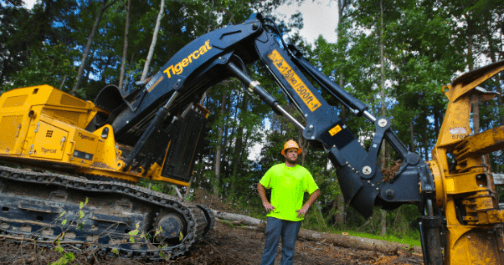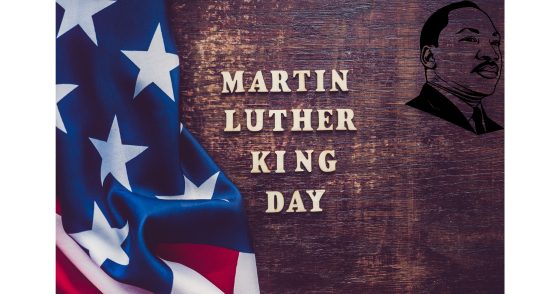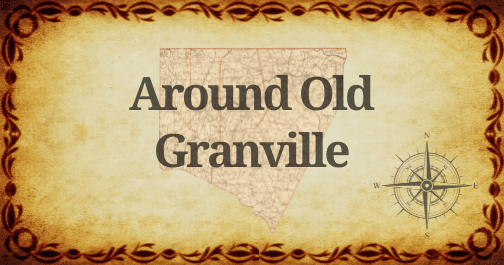-Press Release, North Carolina Loggers Association
As Hurricane Florence’s wind speeds currently surpass 130 mph, North Carolina loggers are bracing for the hurricane expected to make landfall on the Carolina coast Thursday night as a Category 4 or 5 storm. Major lumber and paper mills powering the state’s $29.4 billion dollar forestry business, along with the loggers harvesting its abundant natural resource, currently lie directly in its path.
Recent massive rainstorms across the state the past month have already slowed logging operations. Hurricane Florence is expected to compound the issue.
North Carolina has about 18.8 million acres of timberland. According to North Carolina State University, the forest products community leads the manufacturing sector within the state. Forest products impact the state’s economy, with more than 1,000 companies directly contributing to North Carolina’s forest industry that employs more than 70,000 individuals.

Photo of Brett McHenry with Brett McHenry’s Logging (Photo Credit Ed Lallo)
“It’s essential, first and foremost, for our loggers and mill operators to be out of harms way by the time the storm hits land,” said Ewell Smith, Executive Director of the Carolina Loggers Association, a non-profit corporation organized to promote logging professionalism and business opportunities for the state’s forest products network. “Currently, the loggers are in the process of securing job sites and bringing in as many logs as possible to the mills to keep them going in the wake of the storm. As one of the state’s largest business sectors vital to our economy, any major disruption in production will definitely create a significant economic ripple for small and large businesses alike.”
According to Smith, the wood and paper mills are just the tip of usage for forestry products. There are numerous other products that are dependent on the same resource and will be impacted from the storm; glass on cell phones, toothpaste, gum for chewing and gluing, as well as America’s favorite McDonalds McFlurry with Oreo Cookies.
Gov. Roy Cooper of North Carolina, along with his counterparts in South Carolina and Virginia, has already declared a state of emergency. The governor has signed an executive order that waives truck weight limits for “crops ready to be harvested” which includes timber.
The office of North Carolina’s Agriculture Commissioner Steve Troxler is continuing to watch the path of Hurricane Florence that has the potential to be a powerful and devastating storm.
“Our state has witnessed the destructive effects of hurricane-force winds and heavy rains in the past, so we know we need to be prepared,” said the Agriculture Commissioner. “Farmers and timber owners need to review their emergency plans, stock up on supplies, compile emergency contact information and monitor weather updates to keep their families safe. We are prepared to work with our state and local partners to help our agriculture and forestry community if the need arises.”
Sitting 116 miles from the coast, Brett McHenry Logging in Wilson, NC has been hit by multiple storms in the past. “Wilson’s my community,” said owner Brett McHenry. “This will definitely be the worst storm we’ve ever had to prepare for. We just finished cutting and now we’re picking up any logs and squaring up our sites and equipment.”
According to Smith, “Hurricane Florence has the potential to bring a vast amount of rain and wind,” he said. “Flooded and saturated lands only compound the issues with the increased safety risks for our loggers while cleaning up fallen trees. Again the number one issue right now is for our logging and forestry communities, as well as people living in wooded areas, to get out of harm’s way of Hurricane Florence.”
###
Contact: Ewell Smith
504-884-4585 esmith@ncloggers.com
The CLA is a nonprofit corporation organized to promote professionalism and business opportunities for members. The CLA is a 501(c)(6) non-profit business league. CLA focuses on regional, state and national business issues
Ewell Smith was the former Executive Director of the Louisiana Seafood Promotion and Marketing Board who has weathered four disastrous hurricanes including Hurricane Katrina.















